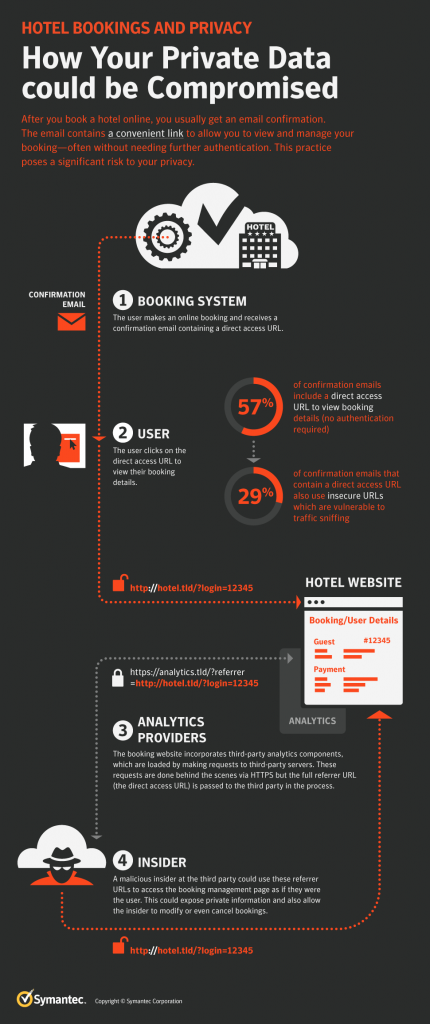Earlier this month, a Chinese woman was arrested after attempting to enter President Donald Trump’s Mar-a-Lago resort while in possession of a number of suspicious electronic devices, including a USB flash drive. Apparently, the drive contained code that allows malicious software to run immediately after being plugged in, though it is still unclear what kind of malware it was. According to news reports, law enforcement also found nine other USB drives in the woman’s hotel room. If someone was able to connect a USB device to a computer on the resort’s network, attackers might be able to access all sorts of sensitive information and potentially gain control of machines on the network.
Historically, USB use has also aided insider threats, whether in the form of employees inadvertently infecting a corporate device or network with a found USB drive, or purposefully causing an infection or removing sensitive information via USB. In perhaps one the most high-profile of such cases, Edward Snowden reportedly removed NSA documents from a Hawaii facility on a flash drive before fleeing the country and providing those documents to members of the media.
Beyond the headlines, these devices continue to pose everyday risks. People mindlessly plug in flash drives, or carry their business’s most important documents on them that could accidentally be left in a hotel room or at a conference packed with corporate rivals. As companies evaluate their security policies and how to best secure their data, many are moving away from using USB or even banning them outright.
In May 2018, IBM did just that. The company’s global chief information security officer Shamla Naidoo said that IBM “is expanding the practice of prohibiting data transfer to all removable portable storage devices (eg: USB, SD card, flash drive),” and that the prohibition would apply to IBM operations worldwide, who will now rely entirely on the company’s cloud-based storage. Naidoo cited the danger of missing storage devices leading to “financial and reputational damage” as the motivation for the prohibition going forward, and acknowledged that the move may be disruptive for some departments and employees.
A 2016 University of Illinois study also showed that the now-proverbial nightmare scenario of an employee inserting a USB they found in a parking lot is actually realistic. After dropping 297 flash drives on a university campus, researchers found that people opened one or more files on 45% of the drives without taking any precautions, and that people moved 98% of the drives from the drop locations. The study’s authors noted that their results suggested that people may have picked up the drives and opened files motivated by altruism (finding the owner) and curiosity. But regardless of intent, simply plugging a flash drive into company computer can unleash any number of viruses, malware, or other cyber maladies on the company’s network.
Of course, doing away with USBs is also not a security panacea. As always, the user is the weakest part of any IT security plan, and even if a business does decide to ban USB storage devices and move their data storage to cloud-based options, employees should still be trained on password protection strategies and other security hygiene best practices. To make employee cyber-awareness training more effective, check out these tips from Risk Management.

